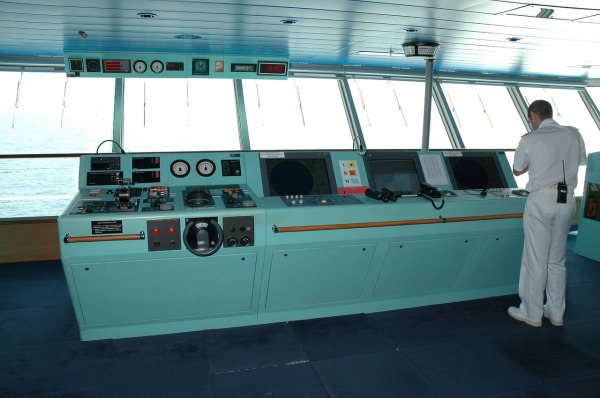Day Skipper Courses

Have you always harboured a fantasy of being a captain on the high seas? With a variety of day skipper courses available, your dream could be closer than you think. If you have experience as a crew member on boats, there has never been a better time to take the next step towards captaining your own vessel.
A Day Skipper is restricted to sailing along coastal areas during the day, but it is first and vital step towards becoming a full skipper.
In most, but not all cases, you will require a degree in marine transportation, marine engineering or a similar subject. However, the most important factor when looking to become a skipper is experience.
It is recommended that you have logged at least 100 nautical miles as a crew member. You will need to prove an ability to prepare a boat for mooring, handle sail handling and trimming, including lowering and raising and the use of hoists and winches, and helm on all points of sail a successfully steer a compass course.
Becoming a boat captain is not a job you can simply fall on, but the hard work you put in will pay off and being a skipper brings with it many benefits and advantages.

Becoming a boat skipper involves more than just an excellent hat, although this is clearly a perk of the occupation.
Being a skipper offers you a sense of freedom that very few other jobs will give you. Being on the water and being the person in control is an incredibly liberating experience.
You will be in charge of all aspects of your vessel, everyone on board will respond to your commands. This obviously adds a certain amount of pressure and means the job is not for everybody.
To become a boat captain you need to be confident in your abilities, knowledgeable of all aspects of sailing, and willing to accept responsibility if something goes wrong. But if you are the kind of person to whom these pressures are a tempting challenge, a life as a skipper may be for you.
There are many different ways to advance to the rank of boat captain. The nautical miles needed to qualify can be gained in several different fashions.
As long as you are working on board a boat for the amount of time and distance necessary, the job you are doing on board doesn’t actually matter. Although if you are working in the kitchen, for example, then you will obviously have to undergo training to ensure that you have sufficient understanding of the operation and running of a vessel.
Some people are offered formal training by those who manage and operate the boats they are aboard during the gaining of their nautical miles. However for everybody else, there are a variety of day skipper courses available.
A day skipper course will be hard work, a long and arduous process, but an incredibly rewarding one. You will need to prove or gain necessary knowledge and skill in a variety of fields including:
There are many more skills you will have to develop during your training process. It is certainly not easy to become a skipper and the choice is not for everybody.
However, for those who have never lost the dream of their childhood of standing at the helm of a ship that you control, then with day skipper courses, hard work and a lot of determination, you can turn that lifelong dream into a reality.
Simon King runs Broad Reach Sailing, which offers RYA sailing courses on the Solent on the South Coast.
